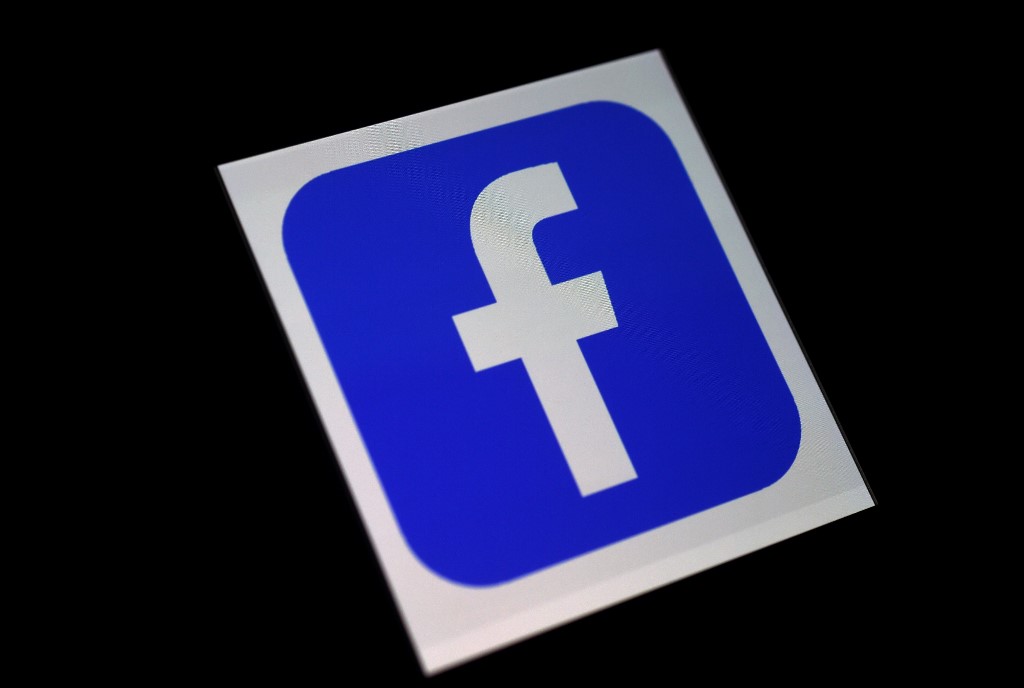(ATF) Amid the political slug-fest that has erupted between two warring political parties in India – the Congress and the BJP – over a Wall Street Journal report, it is clear that Facebook’s growing supremacy over the traditional radio and television as media platforms in terms of reach and influence continues unabated. It is also a formidable force in the world’s largest democracy, according to experts.
The news agency Reuters on Sunday reported that India’s main opposition, the Congress party, called for a parliamentary panel to investigate what it said was favourable treatment by Facebook’s India team towards the country’s ruling BJP.
According to that report, the Congress, citing a report published by the Wall Street Journal on Friday, alleged that although Facebook deleted some hateful anti-Muslim posts by T Raja Singh – a lawmaker from India’s southern Telangana state – only after a complaint, the social media company refused to bar him under its “hate speech rules”.
The party also alleged that Facebook turned a blind eye primarily to protect the company’s “commercial interests” in India.
READ MORE: India data-curb plan ‘anathema’, US tech giants plan pushback
The WSJ reported that while Facebook had acknowledged Singh’s post as a violation of the company’s hate speech rules and qualified as dangerous, the firm’s top public policy executive in India, Ankhi Das, opposed applying Facebook’s rules to Singh and at least three other Hindu nationalist individuals and groups.
“Das, whose job also includes lobbying India’s government on Facebook’s behalf, told staff members that punishing violations by politicians from (Prime Minister Narendra) Modi’s party would damage the company’s business prospects in the country,” the report said.
“Congress party demands the setting up of a joint parliamentary committee to probe the relations of Facebook and WhatsApp employees with the ruling party,” Ajay Maken, spokesman for the Congress, said at a news briefing on Sunday.
Seizing the opportunity, Congress leader Rahul Gandhi, in a Twitter post accused the ruling party leaders of spreading “fake news” using Facebook and WhatsApp to influence the electorate.
A BJP spokesperson, though, has termed those allegations as “ludicrous”.
Hitting back, Ravi Shankar Prasad, the IT Minister and a BJP-party leader tweeted: “Losers who cannot influence people even in their own party keep cribbing that the entire world is controlled by BJP and RSS.”
Prasad also highlighted the Cambridge-Analytica controversy that erupted in July 2018 and involved the Congress. Prasad alleged that the opposition had used the UK-based political consultancy firm to mine data from Facebook posts to influence voters in the 2019 general election.
The Congress has always rejected that allegation.
A force to reckon with
Indeed, with more than 340 million Facebook users, and 400 million WhatsApp users, Facebook is not only the biggest social media platform in India, but it is also formidably powerful.
And it is getting even bigger. In April, for instance, it announced it was investing $5.7 billion in India’s mobile internet company Reliance Jio, to gain a major foothold in the country’s exploding mobile payments service.
Facebook also said that in India it “prohibits hate speech and content that incites violence,” and enforces these policies “without regard to anyone’s political position or party affiliation.”
“While we know there is more to do, we’re making progress on enforcement and conduct regular audits of our process to ensure fairness and accuracy,” a Facebook spokesperson said on Monday.
For instance, in March last year Facebook had labelled the communal riot in Delhi as a “hate crime”, and flagged all local posts on the platform.
Separately, Andy Stone, a Facebook spokesman, acknowledged to WSJ that while Facebook had “raised concerns about the political fallout that would result from designating Mr Singh a dangerous individual,” it is nevertheless considering actions against Singh.
That process started on Monday with Das filing a complaint with the Cyber Cell Unit in Delhi against numerous people for “issuing violent life threats through online posting or publishing of content.”
Far-reaching influence
According to Ajit Ranade, an economist and Senior Fellow at the think-tank Takshashila Institution, the reach, influence, and potential power of Facebook in India can be gauged from the fact that the country has the world’s largest number of Facebook and WhatsApp and possibly Instagram users as well.
It is small wonder, then, that Indian politicians have been leveraging Facebook to establish direct connections with citizens much more than olden-day media platforms like radio or television.
“Facebook helps elected officials connect to citizens, through live streaming, participative interactions, and in that process help governance. But its proximity to governments, combined with its enormous reach, power and data make it a formidable force in electoral democracies,” he said.
- With reporting by Reuters and WSJ
























